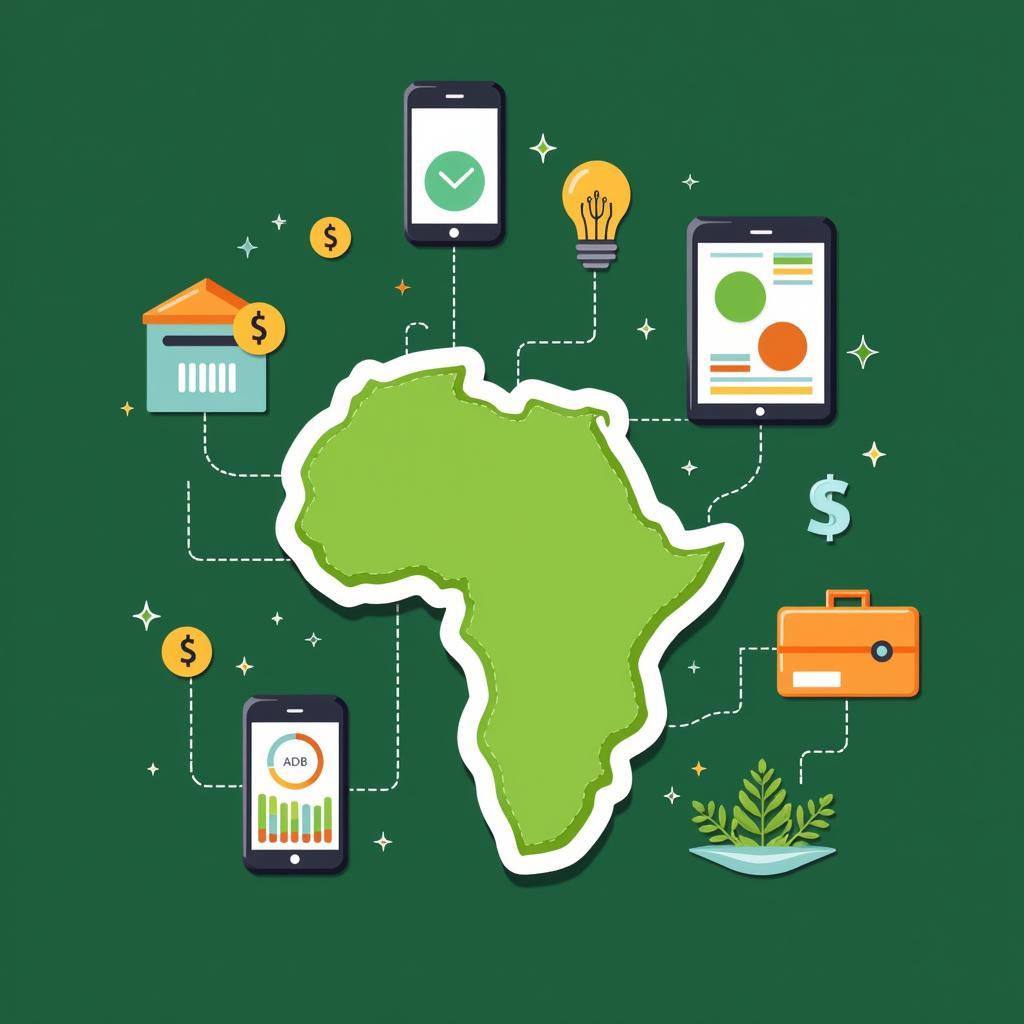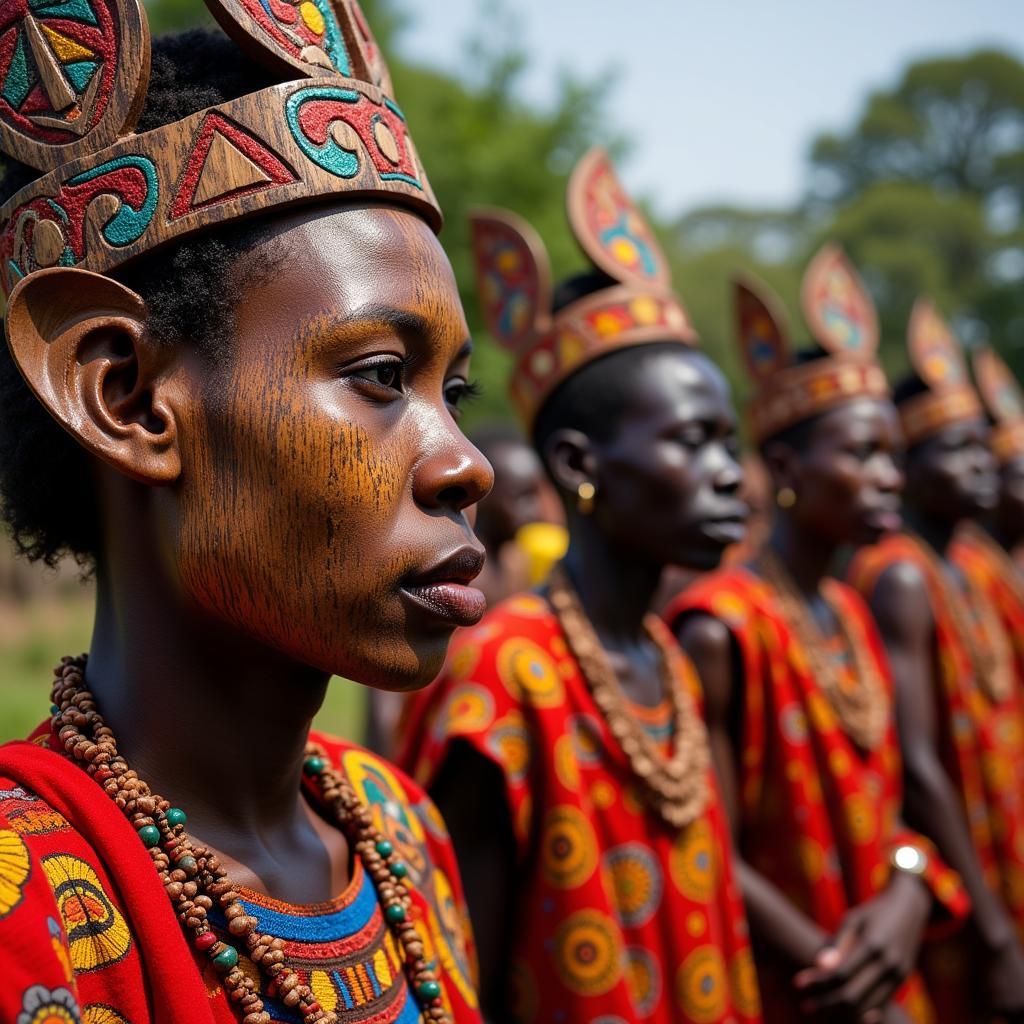African Development Bank: The Knowledge Broker – A Case Study
The African Development Bank (AfDB) is more than just a financial institution; it plays a crucial role as a knowledge broker, facilitating development across the African continent. This case study explores how the AfDB leverages its expertise and resources to bridge the knowledge gap and empower African nations on their journey towards sustainable growth.
The Power of Knowledge in Development
Information is power, and in the context of development, it becomes the catalyst for progress. The AfDB recognizes that access to reliable data, research, and best practices is essential for African countries to effectively address their unique challenges and unlock their vast potential.
As a knowledge broker, the AfDB acts as a conduit between global expertise and local needs. It facilitates the sharing of knowledge, best practices, and innovative solutions from across the continent and around the world.
Key Areas of Knowledge Brokerage
The AfDB’s knowledge brokerage activities are multifaceted, spanning a wide range of development sectors:
- Economic and Sector Work: The bank conducts rigorous research and analysis on economic trends, sector performance, and emerging opportunities in Africa. This information is disseminated through publications, reports, and data portals, providing valuable insights to policymakers, investors, and development practitioners.
- Policy Dialogue and Advisory Services: The AfDB actively engages with African governments, providing policy advice and technical assistance based on its knowledge base and global best practices. This support helps countries to strengthen their institutions, improve governance, and create an enabling environment for sustainable development.
- Capacity Building and Training: Recognizing that human capital is key to development, the AfDB invests heavily in capacity building initiatives. It provides training programs, workshops, and educational resources to equip African professionals with the skills and knowledge needed to drive progress in their respective fields.
- Knowledge Platforms and Networks: The AfDB facilitates the creation and strengthening of knowledge platforms and networks, connecting African researchers, policymakers, and practitioners. These platforms foster collaboration, encourage the sharing of lessons learned, and promote South-South cooperation.
 Digital Technology and Innovation in Africa
Digital Technology and Innovation in Africa
Impact and Success Stories
The AfDB’s role as a knowledge broker has had a tangible impact on development outcomes across Africa. Here are a few examples:
- Improved Agricultural Productivity: The AfDB’s knowledge sharing initiatives in agriculture have helped farmers across the continent to adopt climate-smart practices, access improved seeds and inputs, and increase their yields. This has contributed to enhanced food security and rural livelihoods.
- Strengthened Infrastructure Development: By sharing knowledge and best practices in infrastructure development, the AfDB has supported African countries in implementing sustainable and efficient infrastructure projects, including roads, energy, and water infrastructure.
- Enhanced Financial Inclusion: The AfDB’s knowledge products and technical assistance have helped African countries to develop and implement policies that promote financial inclusion, expanding access to financial services for individuals and businesses, particularly in rural and marginalized communities.
Conclusion: Knowledge for Africa’s Transformation
The African Development Bank’s role as a knowledge broker is integral to its mission of fostering sustainable and inclusive development in Africa. By connecting people, ideas, and resources, the AfDB is empowering African nations to harness the power of knowledge and drive their own development agendas. As Africa continues to face complex challenges and embrace new opportunities, the AfDB’s commitment to knowledge sharing and innovation will remain crucial in shaping a brighter future for the continent.

